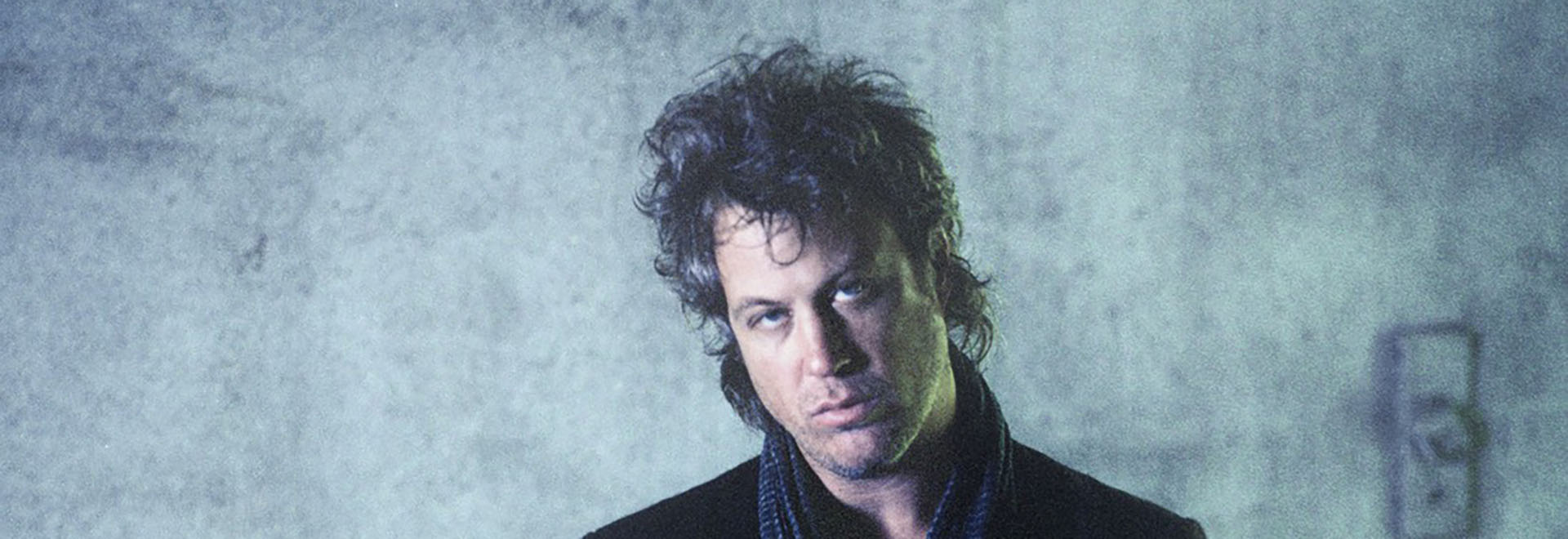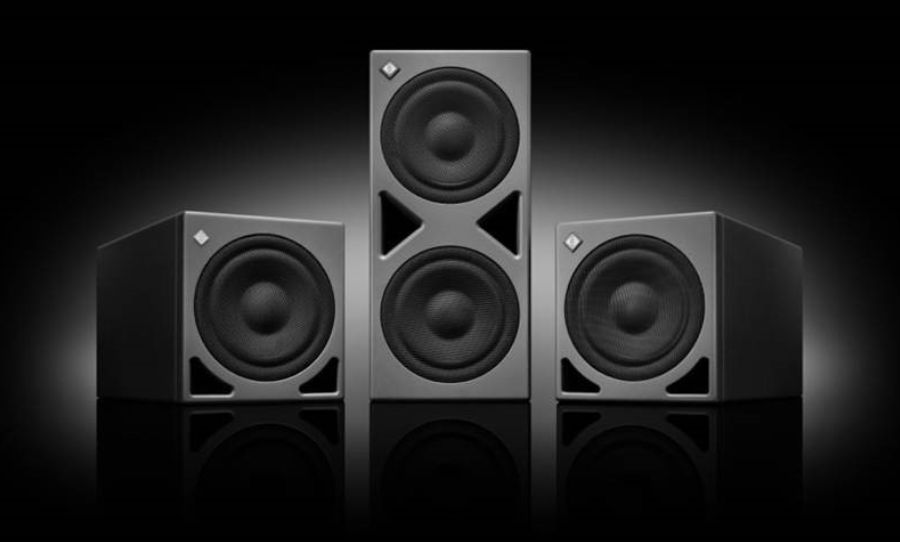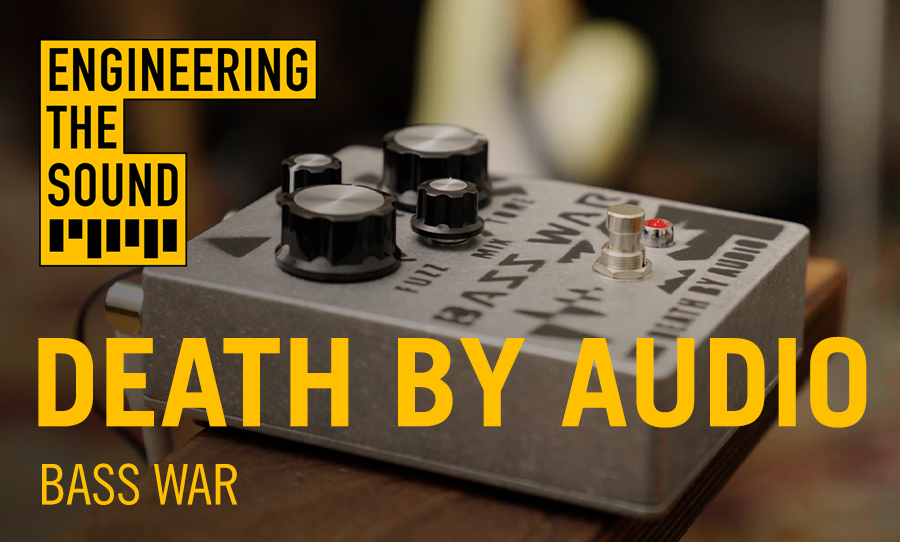Jack Ladder has carved out a unique space for himself, and his band of Dreamlanders as an artist whose art is as much a sonic-cinema, as it is music.
On his latest single Astronaut, this vision is fully realised, with the help of bandmates Laurence Pike, Donny Benét and Kirin J Callinan. A melancholic ballad about disconnect with one’s surroundings, Astronaut utilises chilly strings and skittering drums to create something that forces tears to the eye – in the most beautiful way imaginable.
In light of this emotional release, and in the lead up to his sixth LP, Hijack, Happy was lucky enough to have a chat with Jack about the intricacies of storytelling, and the beauty of destruction.
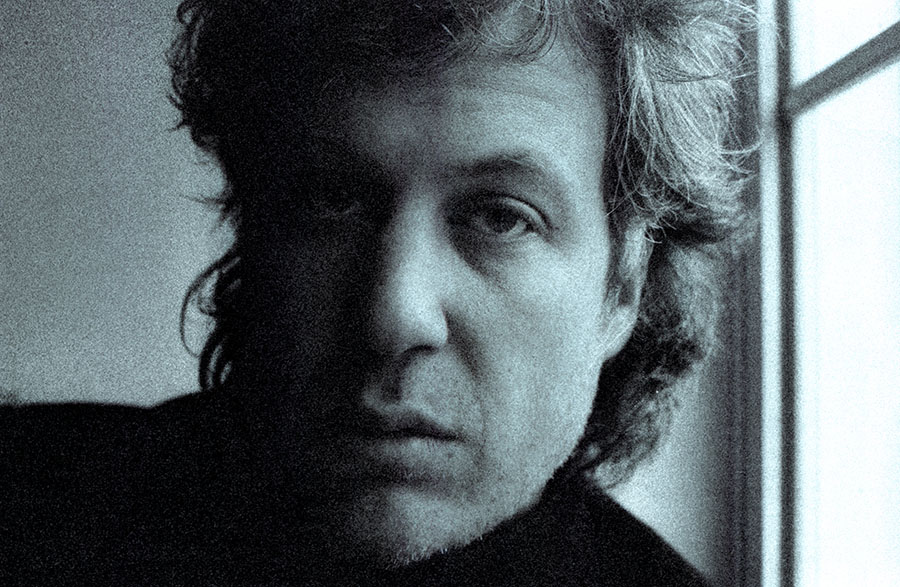
HAPPY: I absolutely love Astronaut! There’s so much depth lyrically and sonically, and you’ve collaborated with some incredible people to bring it together including Sam Lipman. I’m just wondering how you wove something this intricate together?
JACK LADDER: Well, I wrote the song simply on a guitar, which is how I normally work. The first version I did, sounded more like… well, it had this really propulsive techno bass to it. It had all these drops that were like (mimics techno sounds). It was almost like a drum n’ bass kinda feel, but it just didn’t feel right. That was in the very early stages of the record where I was just recording, strictly using samples. So, I changed it. I had this galloping idea. I was using synthesisers for the orchestral sounds on it and then I got the song down. I wanted a Philip Glass, modernist sound, minimalist composition. Particularly with the lyrics as well, I’ve never really done a thing where I repeat the second verse, same as the first, but in this song I could get away with it because the idea was strong and I could change the music underneath it to match the tone of the words.
Initially, I wasn’t thinking about drums or percussion ideas, I was thinking more of an orchestral thing. But, it needed the drums, the drums kinda happened half-time and I wanted them to be very specifically placed. Not like a normal rock piece, because it might just get in the way. There’s a lot of tension in the track. Then, I took it to Laurence and he had some ideas.
But, it became obvious that we had to get the strings arranged properly. Using keyboard samples wasn’t gonna cut it. Because of the lockdown, I figured there was a lot of orchestras out of work, and what better time to capitalise on that. So we asked Laurence’s friend who lives in Austin, Texas, to arrange the strings, and he teaches orchestration at the University of Austin and he’s highly regarded in that world. So, he accepted it, and loved the idea, and he just delivered beyond what we were capable of imagining. He created a sense of cinema within the music, which is something I’ve been trying to do since the Hurtsville record. He recorded the strings over in Austin with great players over there. He wanted to direct them properly, with some tricky bends and some very specific ideas to communicate. We recorded the track in Sydney at Golden Retriever, and we were able to use this specific piece of gear that was used by David Bowie, which was the Eventide Harmoniser.
We wanted a drum sound that had some anger to it. You know the snare sound in Metallica? That’s a particularly aggressive and ugly sound, and I’m just interested in sounds clashing. Like, a Journey-esque keyboard, with an aggressive drum sound, and some cinematic strings over the top of it.
HAPPY: Yeah, it’s got a very trip-hop feel to it. I hate using the term trip-hop, but it’s the closest I can think of.
JACK LADDER: (laughs) Yeah! I don’t know what trip-hop is either, other than Portishead and Tricky. The third Portishead record is just a constant touchstone of great music for me. It’s one of the best sounding records ever made, I think. So approaching that is really important to me.
HAPPY: I also wanted to ask, there’s a lot going on in Astronaut emotionally. I just wanted to touch upon what headspace you were in when you were creating it, and what you were trying to capture?
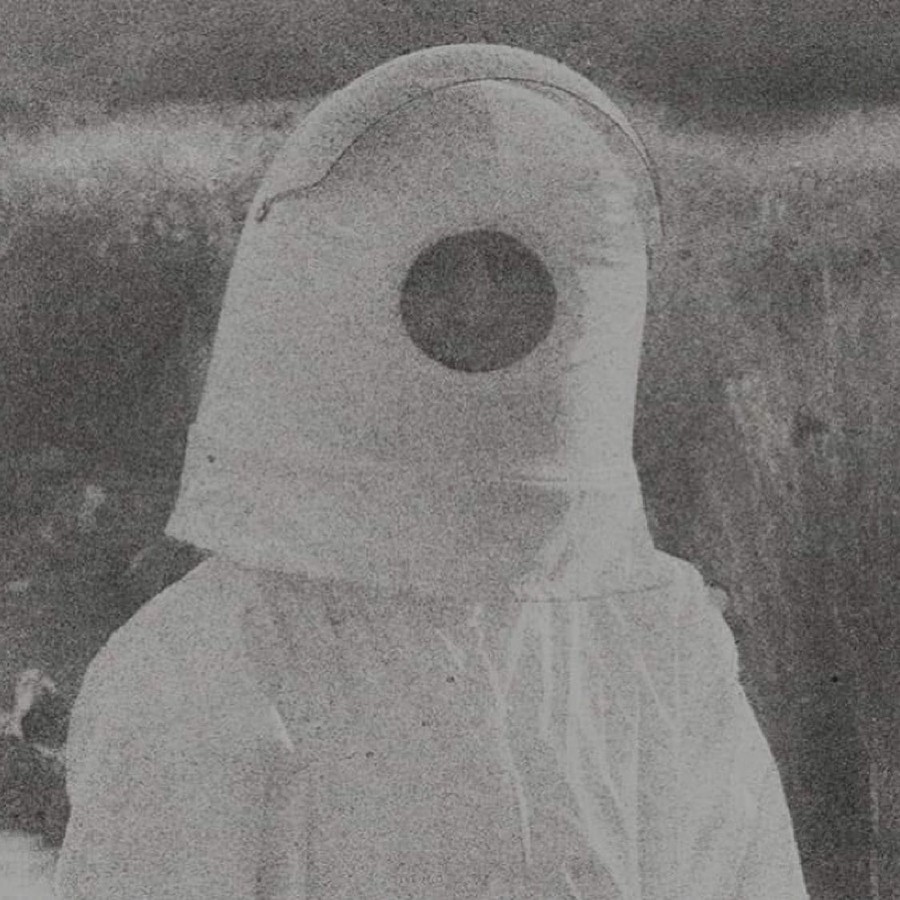
JACK LADDER: A state of inertia, and that idea for redemption, and that feeling of when you’re a prisoner in some sort of description. Generally of your own making, and there’s this idea that when I figure this out, and get out of this situation, I can be anything I want to be and I can change myself. Not the idea of reincarnation, but the idea of reimagining yourself. There’s the sense within that, hope. I’m still gonna be myself, and that can be grounding, and debilitating. All I wanna do is change myself, but ultimately we are always still ourselves. And the capacity for change has to happen internally – it’s not some magical thing you can do. You can dye your hair different, get a different job, make some new friends, but at the end of the day you’re still gonna be yourself, right?
HAPPY: Right. It’s funny you mention that because with Blue Poles, and to a degree, Hurtsville, there seems to be this realisation of yourself as an artist. Whereas Astronaut feels like a wilful destruction of that concept.
JACK LADDER: Well, I feel like I’m constantly trying to destroy what I do! I wish I could just keep building on things, and I think maybe this record and the song builds more in things happening in Hurtsville. It’s that mood of transformation, tension and all sorts of different emotions within that. In terms of destroying the image of myself, I would say I attempt to do that every time I try to make a record.
HAPPY: Why?
JACK LADDER: Why would I do that? (laughs). I feel like I’m unable to not do that. Building on something IS the correct way to do it, but I’ve never been into that. There’s also so much time in between records, and I’ve been making records since 2005, and it’s 2021 now! This is my sixth album, so three years within that, you end up touring a record for two years, and by the time you come to make the next one, you don’t know who you are anymore. So, there’s always that feeling of self-discovery. For me, and the way that I work, every time I make a new album, I’m rediscovering who I am and relearning how to do ‘the thing’, int terms of the process. Not intentionally, but it shatters the image of what the last thing was.
Ya know, I was watching this documentary on the Bee Gees, and they just go on such a hot roll. They’re in the studio all the time, and the process is just nailed down, and it becomes almost like a factory-style situation. I’ve never really been able to put myself in that situation to develop a process that yields such constant and consistent output. So, I guess I just get to smash myself! (laughs)
HAPPY: Your way sounds more enjoyable!
JACK LADDER: Yeah it’s more fun to do that! If you’re building on the last thing that you did, it shows your own personal reverence for who you are and what you’ve made – which is more dangerous and interesting. To have a certain disdain for what you do, to try and make it better, be better, create more truthful and honest work.
HAPPY: Do you look back, and cringe at what you’ve done in the past?
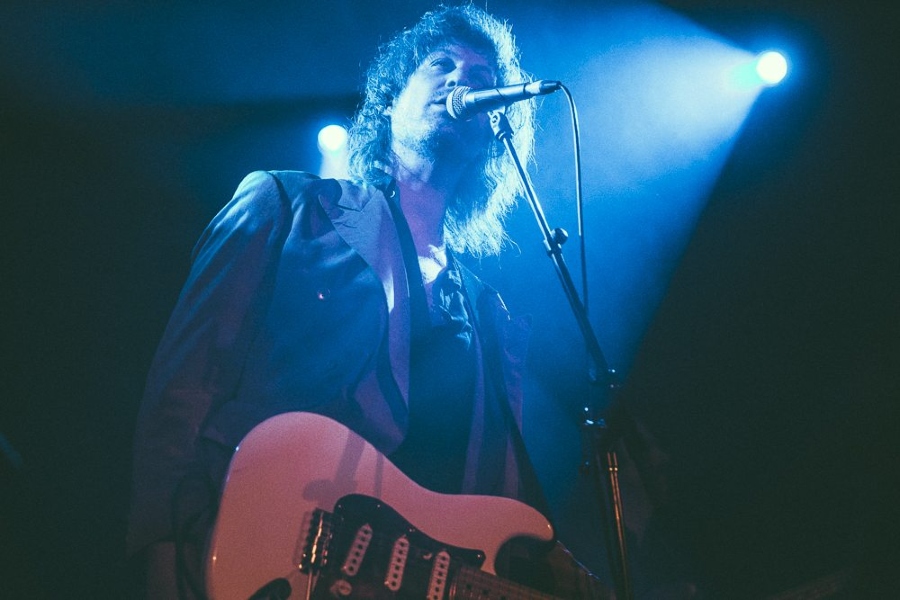
JACK LADDER: (Laughs) Yeah, you don’t even know who you are! I don’t even know who made that music, you’re constantly evolving, and changing. Sometimes, I look back and think ‘hmm, that was an interesting take’. But to be fair on myself, I’ve been able to avoid certain kinds of stylistic trappings of specific eras that I’ve been a part of. It falls outside of the fashion of the times, and normally has its own little universe. I think the records individually hold up as their own documents, with their own internal logic. They’re never particularly outward-looking, or trying to be a part of the global music industry that’s operating. In that way, I’m kinda proud that they have their own integrity… even if I cringe at them!
HAPPY: Good answer.
JACK LADDER: (Laughs) Thanks!
HAPPY: I love the way that you glorify the mundane in your lyrics, but there’s this juxtaposition with epicness. How did you get towards finding that balance?
JACK LADDER: Yeah I really like the idea where you focus on something small, and then you pull out to show the bigger picture. Some people are able to write in great detail about all the mundane things that are happening in their lives, and it can be somewhat inventory. But I’m always trying to see those tiny things as some sort of signifier of something bigger going on. I don’t wanna be super cliché, but it is a Bob Dylan thing. Blood on the Tracks talks about how he’s really influenced by paintings. A song doesn’t have to be linear in narrative storytelling, you’re presenting a big scene, and then you’re moving your perspective to different elements in the painting.
Stanley Kubrick making films would just come up with different ideas for scenes, and just shoot different scenes. That’s how Space Odyssey came together. You can shoot different scenes, and put them together in an order, and that’s the narrative – but really you can watch those scenes in any order. I feel like that’s the same principle for a record too.
HAPPY: You seem value the impact that a record can have in storytelling and artistic integrity, am I wrong about that? Do you reckon that that’s losing value as we move towards streaming?
JACK LADDER: Yeah! I mean, I’m always gonna think about making records. I wish I could think about the detail that goes into making a song for three and a half minutes. I’ve never been able to do that. Sometimes my song will go for six minutes, and I’ll feel like it went for three minutes, and sometimes I listen to a three-and-a-half-minute pop song and it’ll feel like it goes for 10 minutes. I guess it’s about the way that people perceive time.
The streaming age is great for choice. Not all records are worthy of listening to the whole thing. The narrative idea of listening to a whole record is weird. It’s rare that you put a record on and listen to it in one sitting. Ultimately you’re collecting all these moments that are happening within the record, and making your own idea of what that is anyway. I mean, unless you’re locked in a car (laughs).
But, it’s foolish to think that you’ll make an album and think someone will sit in a contained room and listen to it from start to finish with no interruptions, and that’s how the record is supposed to be at home.
HAPPY: Well… what is the perfect start-to-finish record?
JACK LADDER: Ahhhhh… interesting. I’m part of a record club at the moment, so there’s a lot to choose from. I love this record by Bill Fay, an English songwriter from the 70s, who has this album called Time of the Last Persecution, and I think that’s an incredible album! Oh, and Bruce Springsteen’s Born in the U.S.A (laughs).
HAPPY: Obviously!
JACK LADDER: It’s also a matter of how much you listen to something! I’ve listened to records in my car while I’m driving, and by having to listen to it, and not skip tracks, you learn to love the whole thing as a piece. The saddest thing about streaming is the freedom to move on too quickly. The first time I heard David Bowie’s Scary Monsters, I hated it! A couple of years later I came back to It, and I persevered with it, and then it became a landmine recording for me.

HAPPY: Before we get too off-topic, I wanted to ask about the music video for Astronaut. It’s so melancholic and brings such bizarre, wholesome vibes. How the hell did you do that?
JACK LADDER: I’m glad you like it! I was talking to a friend about making a video for it, and I got a message from Kirin, saying that he’s bought a spacesuit, and that there’s some sort of dome up in the hills, and he’s got a camera crew there. I said ‘are you making the video for Astronaut?’ He said, ‘I think I am.’(laughs)
And I just thought ‘well, that’s the end of that meeting,’. He shot it with his girlfriend, Lilian, and they just started making it, and were really super psyched on what was happening. Kirin dancing in the spacesuit, and this kinda atmosphere around it. It really just started with a simple thing, but the video definitely feels like it speaks directly to the song – in a very literal way. That feeling of disconnect.
We had ideas like ‘a day in the life of an astronaut,’ and it’s just a guy sitting in his house cooking toast or something and feeling disconnected from the scene around him. But I think there’s something much more poetic in not diving into those cheap metaphors. There’s definitely a drama to it though, I can’t explain why, but it feels so dramatic and triggers such heavy emotions.
Kirin does have a really strong creative understanding of where we’re each coming from, and it’s unspoken a lot of the time. He’ll make a guitar sound, and we both know what we have to do. More often than not, he knows where I’m coming from, and he put so much time and effort in with Lilian. A lot of it was also the cut and the edit, Bernadette Murray, is a film editor and I knew she would be able to put it together, and give it that sense of drama.
That idea of cutting something together emotionally, can end up having a huge effect. She got the song, heard the song, had to lay down on the ground and have a cry. That’s what I’m working on! A lot of tears went into making the record, I’d just be sobbing, and Kirin too. I just think it’s something that’s happening in the music. There’s a certain button, like If someone feels your prostate or something, it’s like a cry button in someone that you can trigger. Sorry, that was a really gross metaphor!

HAPPY: Nah that was actually brilliant! I think that wraps up all the questions I have, is there anything else you wanna touch upon? Anything I haven’t mentioned that you think is important?
JACK LADDER: Nah we covered a lot! Thanks, and chat soon.
HAPPY: Chat soon!
Hijack is out on September 10, but you can listen to the lead single, Astronaut on all platforms now!
Interview by Mike Hitch
Photos by Dani Hansen or supplied
